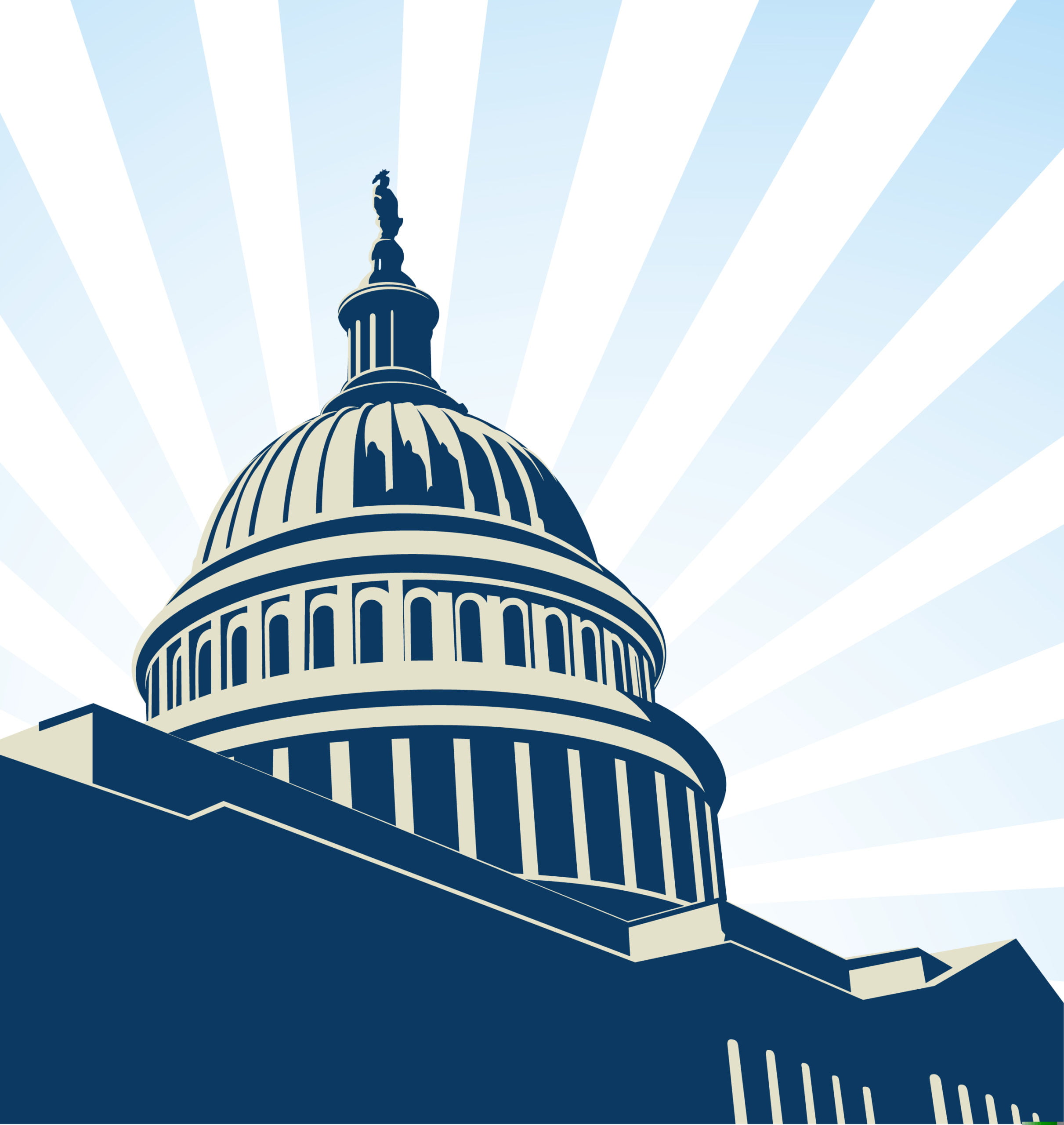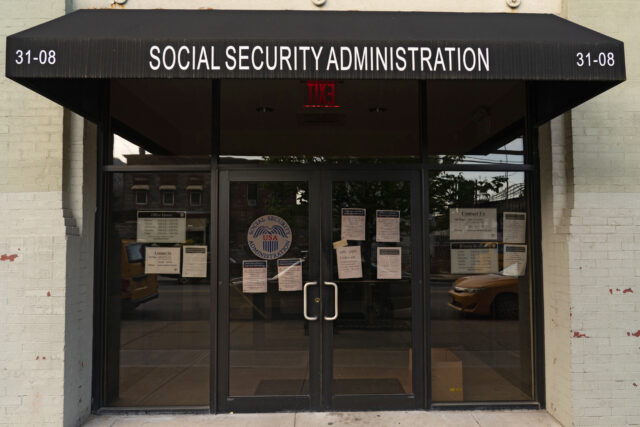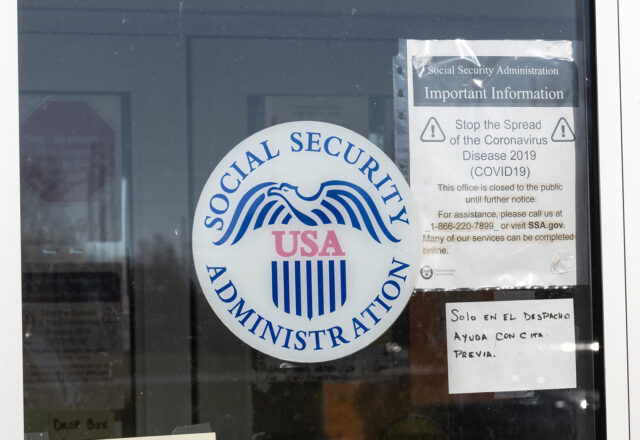
Consolidated Appropriations Act of 2021
$900 billion
(enacted December 27, 2020)
Summary Prepared by the Center for Retirement Research at Boston College
Payments to Individuals
Single tax filers with earnings of up to $75,000 ($150,000 for joint filers) in 2019 will receive a one-time payment of $600 ($1,200 for joint filers). The amount will be reduced for those who earned more than $75,000 and will fully phase out at $87,000 for single filers ($174,000 for joint filers) with no qualifying dependents. Each child under 17 is also eligible to receive up to $600.
Unemployment Assistance
Pandemic unemployment programs will be extended by up to 11 weeks, and those receiving unemployment benefits will get an additional $300 per week during this period.
Small Business Loans
A total of $325 billion is allocated for small business aid, with the majority of the funds going to replenish the Paycheck Protection Program (PPP). Small businesses that got an earlier PPP loan can apply for a second loan if they have 300 or fewer workers and have sustained at least a 25-percent revenue loss in a quarter of 2020 relative to the same quarter of 2019. Firms that have their loans forgiven will be allowed to deduct the costs covered by the loans on their tax returns.
Employee Retention Tax Credit
This credit, which can be used to cover a portion of the costs of wages and benefits, is extended and expanded to July 1, 2021. Firms taking the credit are also now allowed to have PPP loans.
Payroll Tax Deferral
For employers that chose to defer withholding Social Security payroll taxes for their workers from September to December 2020, the repayment deadline is extended to December 31, 2021.
COVID-Related Health Measures
Funding is provided for a variety of COVID health-related activities, including vaccine procurement and distribution, testing, and tracing.
Rental Assistance
Relief for renters consists of $25 billion in emergency assistance funds, which can be used for past due rent, future rent payments, and to pay utility bills to avoid shutoffs. The bill also extends the current CDC eviction moratorium through January 31, 2021.
Nutrition and Agriculture
SNAP benefits will increase by 15 percent through June 30, 2021. Other nutrition-related programs will also receive funding including emergency programs, WIC, and Meals on Wheels. Funding is also available to farmers and ranchers in direct payments, purchases, and loans.
Other Assistance
COVID-related aid is also provided to transportation systems, the child care sector, and schools.






